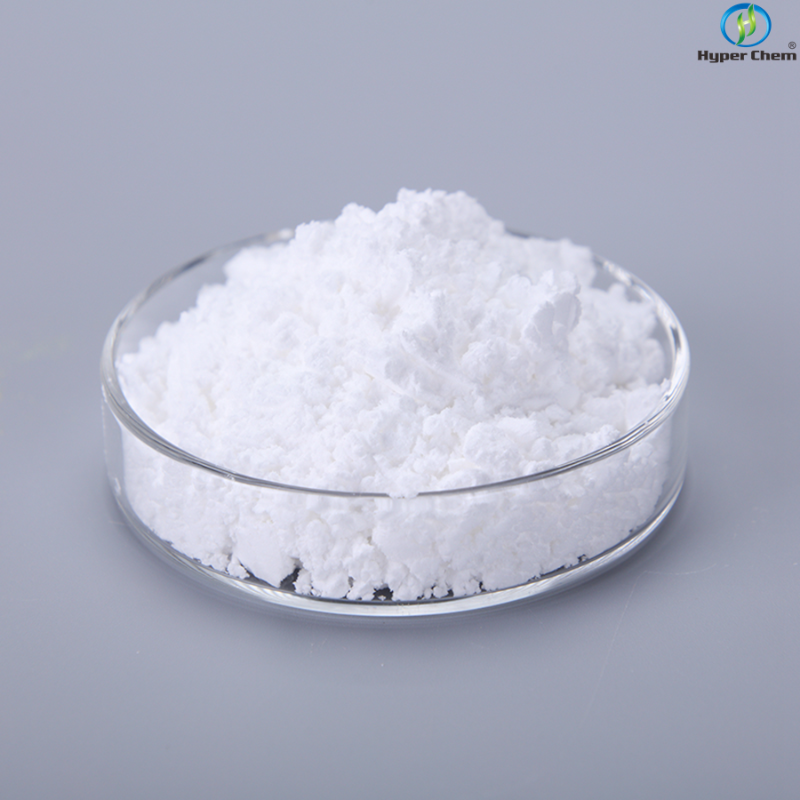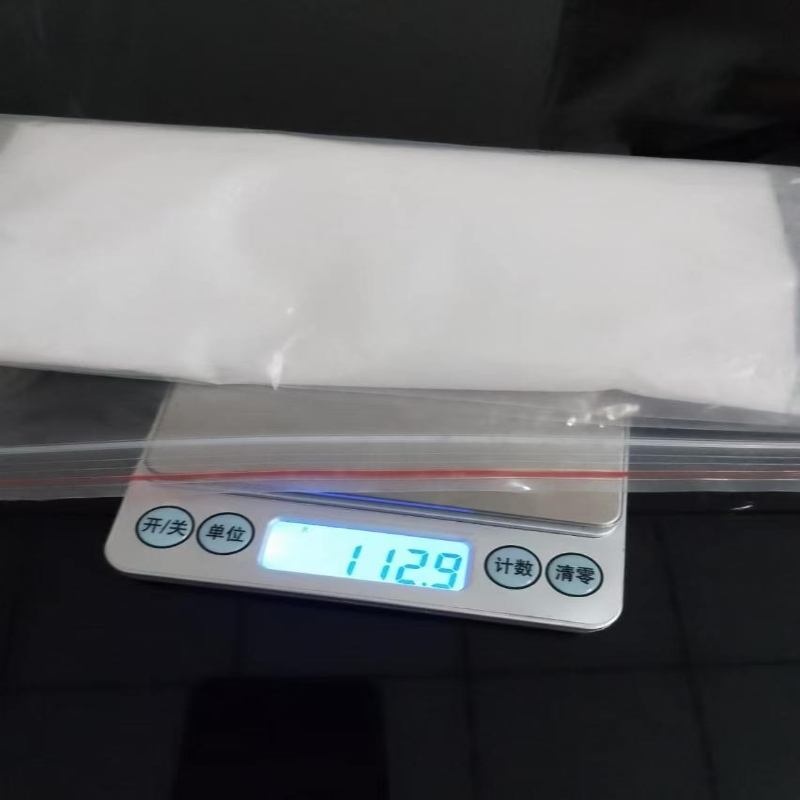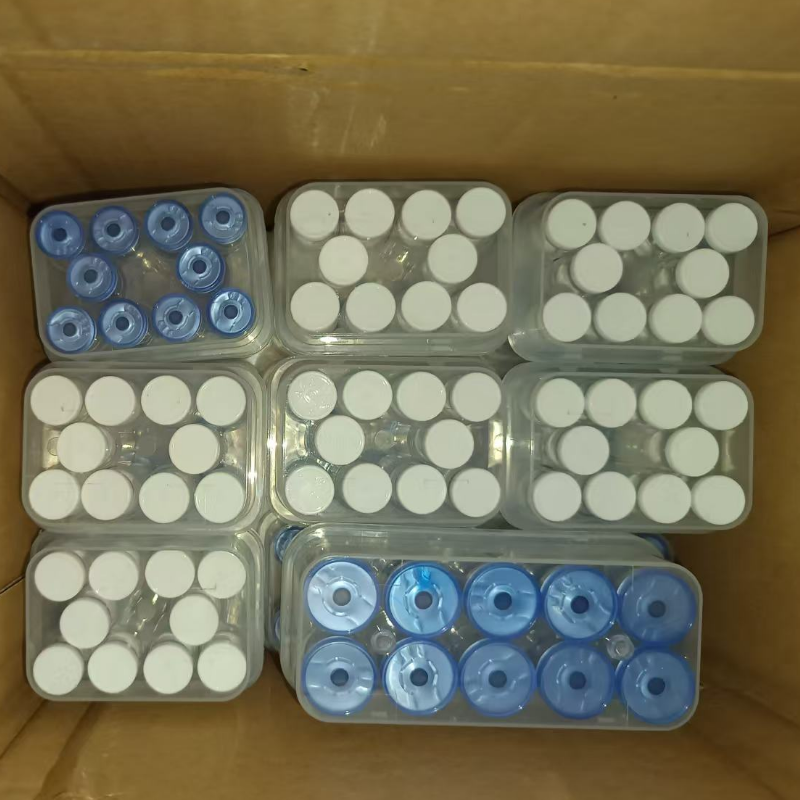-
Categories
-
Pharmaceutical Intermediates
-
Active Pharmaceutical Ingredients
-
Food Additives
- Industrial Coatings
- Agrochemicals
- Dyes and Pigments
- Surfactant
- Flavors and Fragrances
- Chemical Reagents
- Catalyst and Auxiliary
- Natural Products
- Inorganic Chemistry
-
Organic Chemistry
-
Biochemical Engineering
- Analytical Chemistry
-
Cosmetic Ingredient
- Water Treatment Chemical
-
Pharmaceutical Intermediates
Promotion
ECHEMI Mall
Wholesale
Weekly Price
Exhibition
News
-
Trade Service
This article is original by Translational Medicine Network.
Please indicate the source for reprinting.
Author: Liz Zee Guide: Recently, the strategy of using the immune system to treat cancer has made some progress, which makes immunotherapy an option for cancer treatment
.
There is evidence that cancer can trigger a tumor-specific immune response, which further stimulates the development of therapeutic vaccines; however, the clinical efficacy of tumor vaccines is hindered by the lack of widely applicable tumor antigen expression in many cancers
.
In order to circumvent this situation, researchers use the patient's own tumor cells to develop individualized tumor vaccines
.
Tumor vaccines are one of the hotspots of research in recent years.
Its principle is to introduce tumor antigens into patients in various forms such as tumor cells, tumor-related proteins or polypeptides, genes expressing tumor antigens, etc.
, to overcome the immunosuppressive state caused by tumors and enhance Immunogenicity, activates the patient's own immune system, induces the body's cellular immunity and humoral immune response, so as to achieve the purpose of controlling or eliminating tumors
.
(Note: The definition of tumor vaccine comes from Baidu Encyclopedia) A research team at The University of New Mexico Health Sciences Center has achieved some success in developing cancer vaccines.
They encapsulated cancer cells in silica and put It was injected into test mice
.
In the research paper, the research team described their work in the development of a personalized cancer vaccine and the results of its testing
.
They recently published the paper in the scientific journal "Nature Biomedical Engineering" under the title "Cancer vaccines from cryogenically silicified tumour cells functionalized with pathogen-associated molecular patterns"
.
https:// Regardless of the form of cancer prevention, as long as a cancer vaccine can be developed is the main goal of medical scientists
.
In fact, some progress has been made in cancer prevention.
For example, HPV vaccine has been proven to be a very effective method for preventing cervical cancer in women
.
However, there is still a lot of work to be done before a vaccine that can directly combat malignant tumors can be developed (either to prevent the formation of malignant tumors, or to eliminate malignant tumors once they form)
.
Most research on the development of cancer vaccines is based on the idea of stimulating the immune system to "chase" cancer cells more actively
.
Unfortunately, as the researchers in the study said, there is no widely applicable tumor antigen expression in humans that can be used in cancer vaccines
.
This study builds on previous efforts.
Previous studies have shown that one's own tumor cells (cells taken from the same patient) can be used to develop individualized vaccines against certain types of cancer
.
This solves the problem of having to find a consistent expression of the antigen
.
To this end, researchers have been trying a new method-using the patient's own tumor cells, enveloping them in silica, more specifically, low-temperature siliconization of tumor cells
.
This process is to obtain the tumor antigen from the patient, wrap it in a very thin layer of silica (this method is used to preserve the antigen for later use), and then add a layer of pathogen simulation coating
.
Finally, the function of this coating is to activate dendritic cells and stimulate T cell antigens
.
The researchers developed personalized vaccines for mice with ovarian cancer to test their ideas
.
They found that the effect of the vaccine was in line with expectations—T cells became more active in attacking cancer cells
.
The end result is that the tumors in the mice are completely eradicated
.
In addition, silicification can dehydrate cancer cells and store them at room temperature
.
The researchers injected mice with the vaccine stored at room temperature for two weeks to compare with fresh vaccines.
The experiment proved that the immunotherapy effect of the vaccine stored at room temperature for two weeks did not decrease
.
Storing cell tumor vaccines at room temperature is a very important development, which is expected to promote production and expand the recipient population of personalized cancer immunotherapy
.
The personalized cancer vaccine developed in this study showed long-lasting therapeutic effects in mice.
Whether it is in the preservation of tumor antigens, therapeutic effects, or storage, the vaccine has excellent performance, and is expected to achieve a wider range of efficacy.
And sex
.
Reference materials: https://medicalxpress.
com/news/2021-11-coating-cancer-cells-silica-vaccine.
html Note: This article aims to introduce medical research progress and cannot be used as a reference for treatment options
.
If you need health guidance, please go to a regular hospital
.
Recommendation·Activity Practitioners of Action Knowledge-Finding Causes Single-Cell Research and Creation Camp Hot·Article Gene Sequencing [BMJ] Benefits all mankind! The pain of rare disease diagnosis will become history, and whole-genome sequencing is an inevitable trend in medical development! Genetic disease treatment 【Science】The era of RNA drugs has arrived, and the future is boundless! It may soon bring new insights into cancer treatment [AACR sub-Journal] for patients with rarer genetic diseases! Gastric Cancer Atlas brings new treatment strategies! Scientific research [Science] Transplanting skin and nerves from genetically modified pigs can help humans, but the new era of xenotransplantation has not yet arrived.
New crown virus [The Lancet] The world's largest study of 12 million people: New crown vaccine booster against Delta How much protection can the aspect bring to you? Cancer Treatment [Science Sub-Journal] How to treat non-small cell lung cancer more effectively? Scientists at MIT have discovered a way to bring hope to patients! Novel Coronavirus [Nature Hot Discussion] Will the 28 million children in the United States benefit from the FDA's move? What is the role and significance of children's vaccinations against the new crown?







